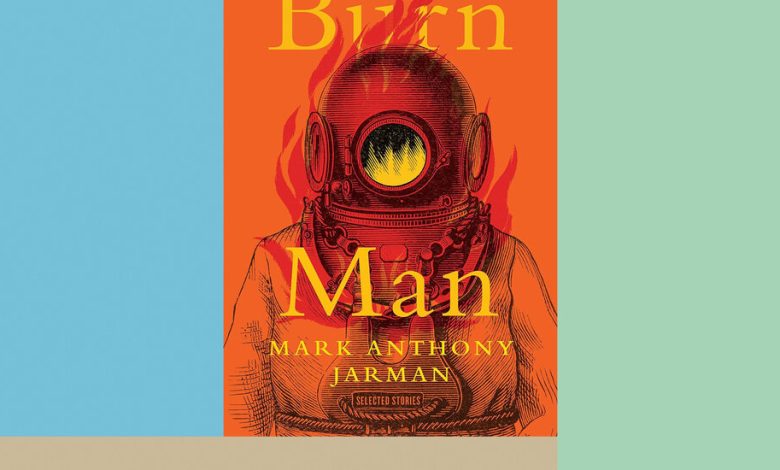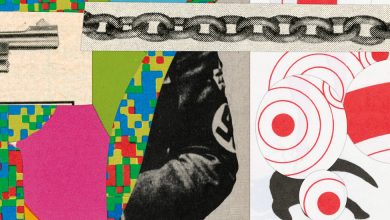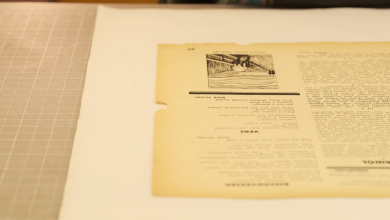A Canadian Short Story Master Comes to the U.S.

BURN MAN: Selected Stories, by Mark Anthony Jarman
Many writers are content to light one or two well-placed lyrical firecrackers in a short story. Others, like Mark Anthony Jarman, set off entire fireworks displays on every page. “Propane slept in the tank and propane leaked while I slept, blew the camper door off and split the tin walls where they met like shy strangers kissing,” opens the visceral “Burn Man on a Texas Porch,” the first entry in “Burn Man,” an anthology of 21 stories culled from Jarman’s four-decade career. The rest of the story is, like many of Jarman’s tales, a hallucinatory rummaging through the mind of a broken man. After receiving skin grafts that “didn’t quite fit,” the narrator fumes: “Hate is everything they said it would be, and it waits for you like an airbag.” In Jarman’s stories and sentences, things seem always ready to explode.
That Jarman isn’t a familiar name in the United States is perhaps unsurprising. How many Canadian short story authors can your average American reader name other than Alice Munro? Hopefully this career-spanning collection will introduce Jarman’s lush and searing stories to new readers.
The archetypical Jarman narrator is a bedraggled man dragging around a big aching heart. He might be a petty thief, a hockey scout, an addict or a bloodstained soldier. One character states, “There is no convincing logic in my life,” a sentiment that all of Jarman’s protagonists might echo. In one standout story, “19 Knives,” the narrator describes his time “working mildew fishboats way up the rainy green coast” where he became hooked on heroin. Later, he’s recovering with the help of pharmaceutical methadone. He hates the taste and mixes it with “the sweetest orange juice I can find,” storing it in the fridge with a “DO NOT DRINK!” sign to ward off his young son. You see the tragedy coming, but the ending still wallops you in the gut.
When I read these stories, I scribbled down two names: Barry Hannah and Denis Johnson. Then I turned to the book’s introduction, by John Metcalf, which speaks at length about the influence of both on Jarman’s prose. But let me be clear: Jarman is no mere imitator. He may have the crackling syntax of Hannah, Johnson’s gift for shocking yet poetic images, and the penchant for loners and misfits of both, but Jarman’s voice rings unique.
Jarman’s narrative approach is largely nonlinear and impressionistic, collaging bits of Americana and Canadiana into near-surreal visions: “Insects crash at the screen, hearkening tragically into their multi-hued harbor. They want to eat the TV light, the only game in town.” The free-form storytelling reflects the disorder of his characters and perhaps our own modern existence. After all, “Who orders a life wisely?”
Such roaming, sentence-driven stories won’t work for everyone. The voice can at times overwhelm some traditional narrative pleasures. Characters don’t always feel fleshed out. Plots exist but can be so submerged in jumbled timelines that readers may scratch their heads. But anyone who enjoys poetry in prose, who feels enlivened by language and struck by sentences, will find much to admire in “Burn Man.”
Jarman’s stories are full of violence, tragedy and mistakes. Yet there’s plenty of humor and heart too. After witnessing a fatal moped accident where a woman “tumbles past the cliff edge like a scrap from a plate,” a narrator reflects on the beauty of being alive. “Why do we orphans not high five over and over, why do we not dance and laugh every moment of each living day and night? I can’t dance, but you know, just a suggestion.” I can’t dance either, but reading “Burn Man” left me seeing a bit more beauty in our hurting-heart world.
Lincoln Michel is the author of the story collection “Upright Beasts” and the novel “The Body Scout.”
BURN MAN: Selected Stories | By Mark Anthony Jarman | Biblioasis | 320 pp. | Paperback, $26.95



